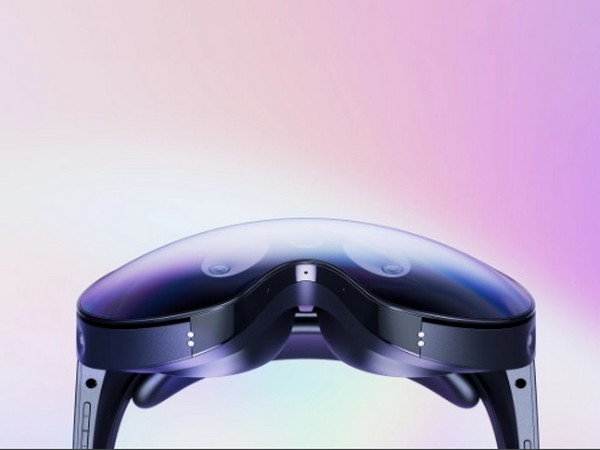

Tencent Holdings is in talks to sell Facebook parent Meta Platforms‘ popular virtual-reality headset in China, home to the world’s biggest pool of internet users, The Wall Street Journal has reported.
Tencent, China’s biggest videogame company, has proposed to Meta that it become the exclusive seller of Meta’s Quest 2 headsets in China, people familiar with the discussion said. Tencent has also sought to publish Chinese versions of existing videogames for the device, they said.
The discussions, which began in recent months, are still at an early stage and a deal might not be reached, some of the people said.
Among issues that would need to be addressed are how user data would be handled, whether global macroeconomic conditions would be right for a partnership, and whether any deal between two of the biggest tech companies in the US and China could draw scrutiny from Washington and Beijing, people said. The two companies would also face China’s tight regulations on video games, according to WSJ report.
Currently, the headset and its apps aren’t officially available in China. People there can buy devices from parallel importers on e-commerce platforms such as Alibaba Group Holding’s Taobao and JD.com, and set up the headsets and download apps with a virtual private network to bypass China’s internet firewall.
Tencent and Meta didn’t respond to requests for comment, WSJ said. Chinese tech-focused media outlet 36Kr earlier reported the talks.
The deal, should it come through, would be a significant step for Meta to connect with Chinese consumers again after it struggled to make headway in the market following Beijing’s blocking of Facebook in China since 2009, WSJ said. Meta has remained active in China even after Facebook was blocked, largely focusing on wooing Chinese advertisers who target consumers outside the country, WSJ said, adding that Meta runs an office in Shanghai and is actively hiring engineers for its VR business.
Global interest in the metaverse, a more immersive version of the internet experienced largely through VR devices, has swelled in the past two years. Meta is the dominant player globally in VR headsets, while its smaller rival Pico, owned by TikTok parent ByteDance Ltd, is working on catching up.